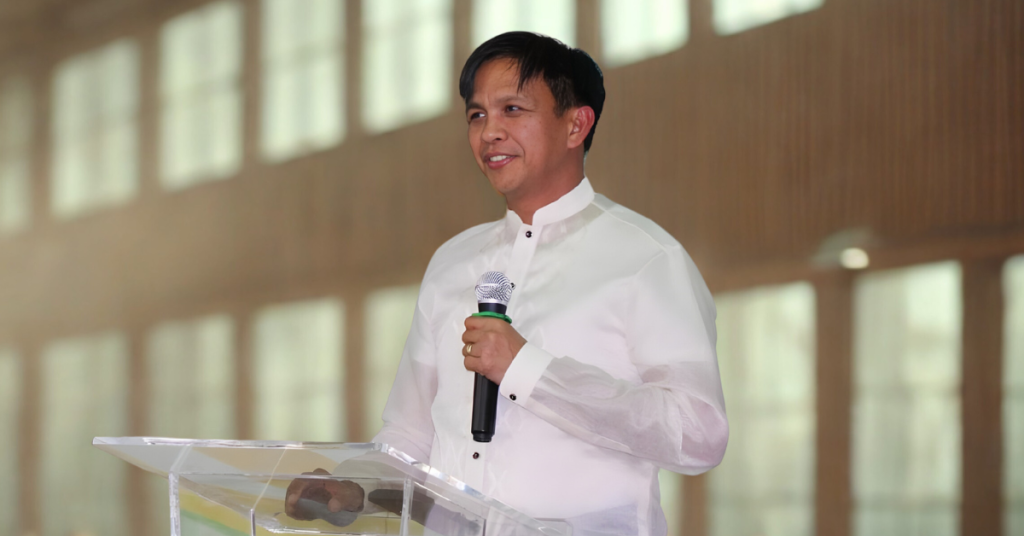For many leaders, workplace conflict is a red flag—something to avoid, suppress, or quickly resolve. But for Jun Roy, Certified Management Consultant and CEO of the Regenerative Transformation Institute, conflict can be a powerful catalyst for growth—if it’s handled the right way.
In an interview with Financial Adviser, Roy shared that he approaches conflict not with judgment, but with curiosity and compassion.
“I start on the premise that often there are no difficult people—only challenging situations,” he explained. “Another important premise is that my mission is to help others, including those who, in the eyes of others, are difficult to deal with.”
According to Roy, what we often label as “difficult behavior” is usually a response to unmet needs, unclear expectations, or unresolved tensions. That’s why his first step in any conflict is not strategy—it’s emotional regulation.
“When conflict arises, human as I am, I get emotionally affected. So, I take control of my emotions first,” he said. “If I fail to do that, all my other steps or strategies would be rendered futile.”
By gaining control of his emotions, Roy creates space to listen and understand before reacting. He practices what he calls “Regenerative Conversations”—dialogues grounded in mutual respect, empathy, and a genuine desire to co-create solutions.
“Though difficult at times, I do my best to listen with empathy and create space for honest dialogue,” he shared. “My goal is not to judge, but to uncover what’s really going on and find a path forward that respects both the individual and the organization’s goals.”
Roy believes that when handled well, conflict becomes an opportunity for everyone involved to learn and grow. It can strengthen relationships, clarify boundaries, and foster a more resilient and emotionally intelligent workplace.
“When both parties feel heard, valued, and involved in co-creating solutions, resolving conflicts becomes easier,” he said. “It’s not about managing personalities—it’s about managing context and relationships with clarity and compassion.”
His approach is part of a broader philosophy he teaches through his institute: that leadership in the modern workplace must be regenerative—focused not just on solving problems, but on restoring trust, purpose, and well-being.
In times of crisis, Roy’s leadership lesson is clear: conflict doesn’t have to divide—it can elevate.
![]()



